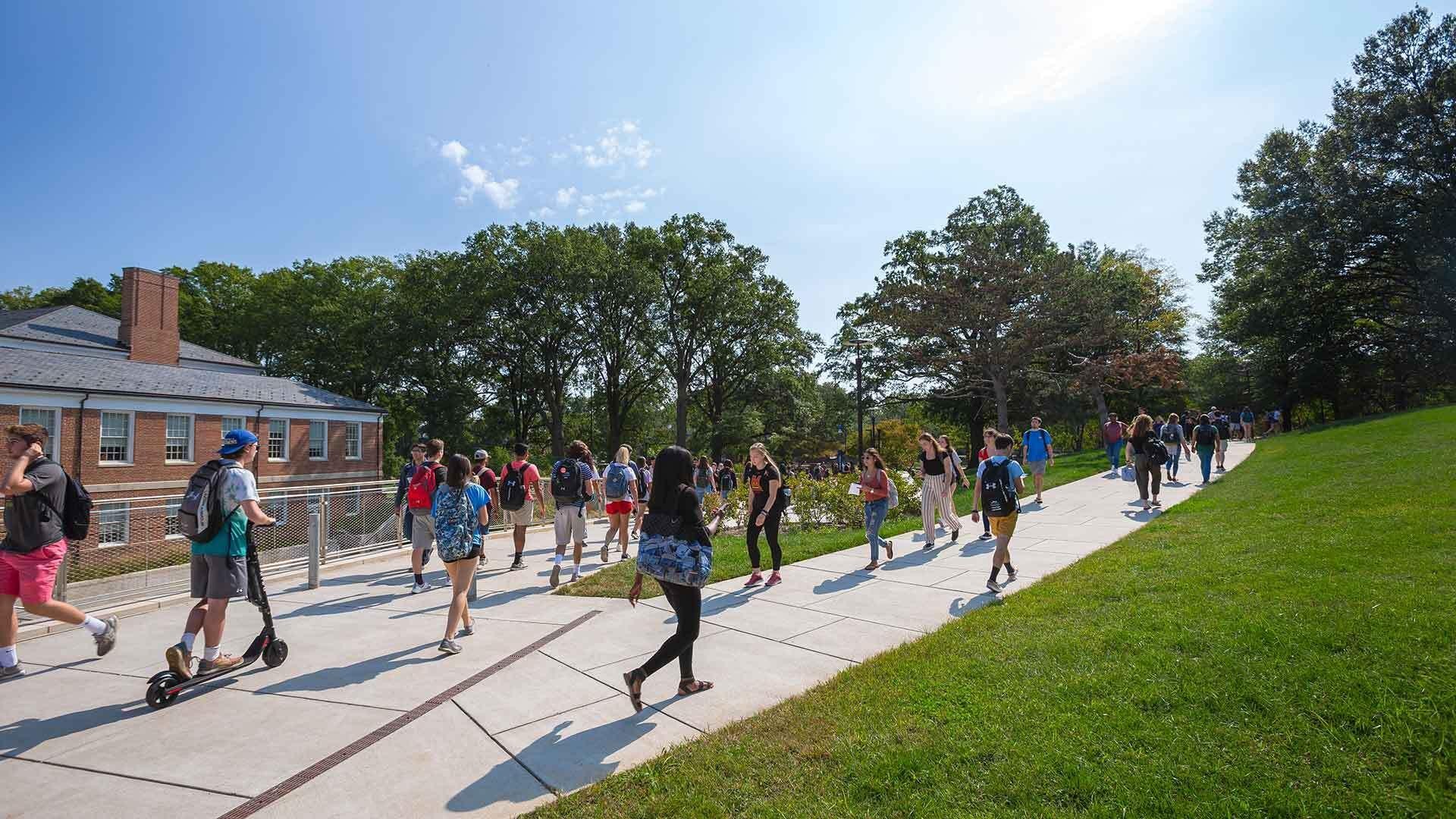
Last week, the The Campus Assessment Working Group (CAWG) published a report on Sustainability Culture Among First-Year Students from a 2023 survey administered to first-year students. CAWG partnered with the Office of Sustainability to develop questions that gauge students’ concerns about climate change and the environment, the importance they place on reducing environmental impact, and their engagement in sustainable practices.
Sustainability culture assessments focus primarily on perceptions, beliefs, dispositions, and awareness of campus sustainability initiatives. They measure personal values and are designed to generate opinions.
Since the survey was last administered in 2018, respondents' concerns about five environmental issues: climate change, diminishing natural resources, poor air quality, amount of materials ending up in landfills, and lack of renewable energy options, increased across the board. One interesting note is that in 2023, more respondents agreed that it is important for UMD to reduce its environmental impact (92%) than to reduce their own impact (85%). In 2018, it was flipped to where there was more agreement about the importance of reducing individual impact (84%) when compared to UMD’s impact (83%). This may indicate that today’s students demand more action and accountability from the institutions they are a part of.


Overall, the results of the survey indicate that students are concerned about major environmental issues that our society faces and feel that the university should continue to advance efforts to address these issues. It also highlights personal versus institutional responsibility to sustainability.
Understanding more about how students relate to sustainability, their personal values, and their lifestyle choices is essential in shaping outreach, education, and opportunities that align with their values and priorities. By continually fostering a campus culture that prioritizes sustainability, UMD enhances student engagement and empowers student leaders to advocate for innovative solutions to the pressing challenges of climate change.
